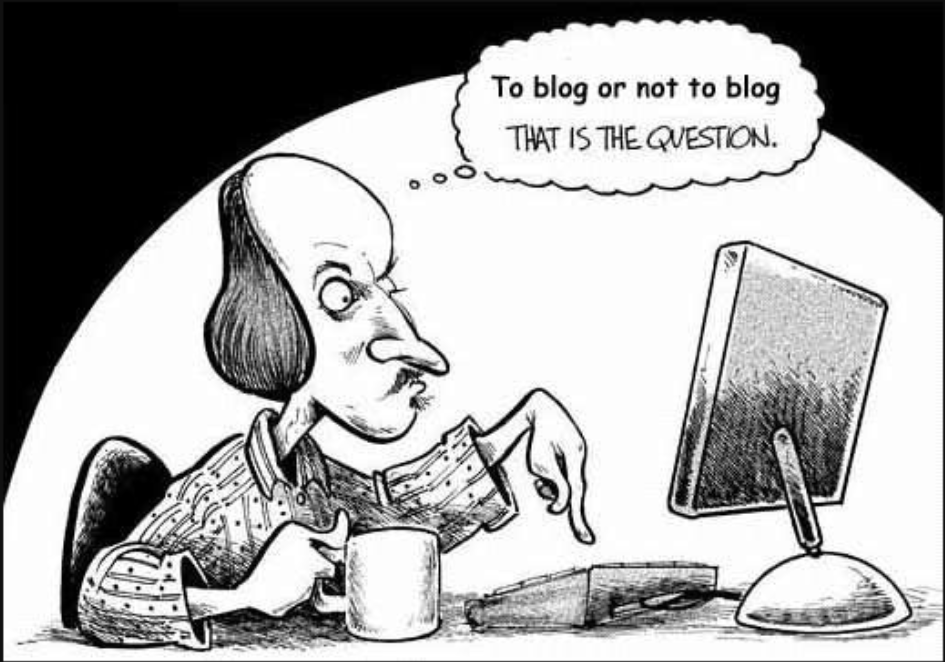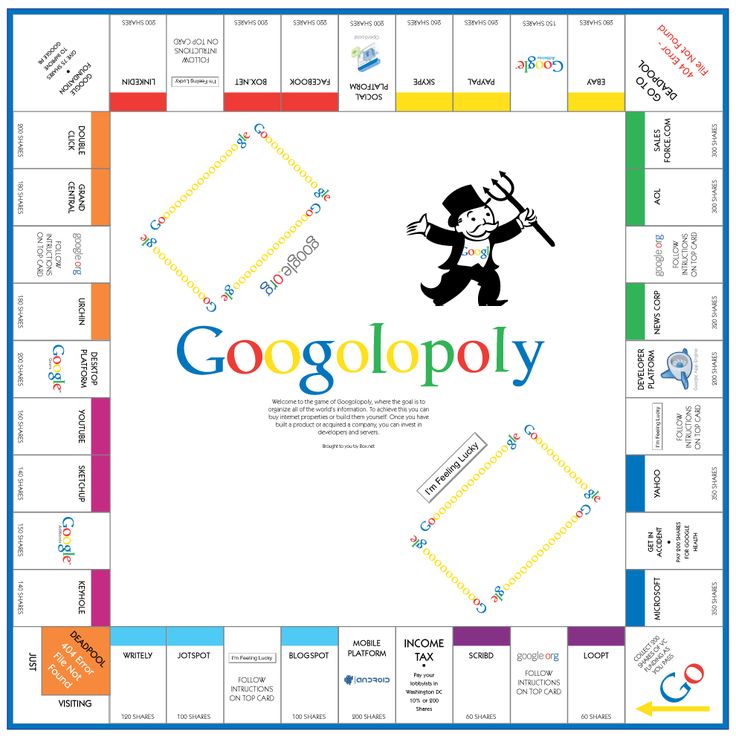
How to sell social media.
In business, definitions are everywhere. They’re your first line of defense in mission statements, job descriptions, expense accounts, statements of work, accounting principles, and the like. If you can’t define something, you’re left with Potter Stewart’s famous but ultimately unhelpful maxim, “I know it when I see it.”
Understandably, this is why a plethora of pundits have sought to corner the elusive term, “social media,” within a dictionary. For instance, Duct Tape Marketing defines the phenomenon as “the use of technology combined with social interaction.” Wikipedia prefers “Web-based and mobile technologies.” Booz Allen Hamilton points to “electronic tools, technologies, and platforms.”
Got that? If you don’t follow, your clients won’t either.
While definitions are important, to sell the field that everyone talks about but few can illuminate, we social media strategists need to reframe the conversation. Instead of striving for Merriam-Webster precision, we would do better if we focused on case studies.
Continue Reading








